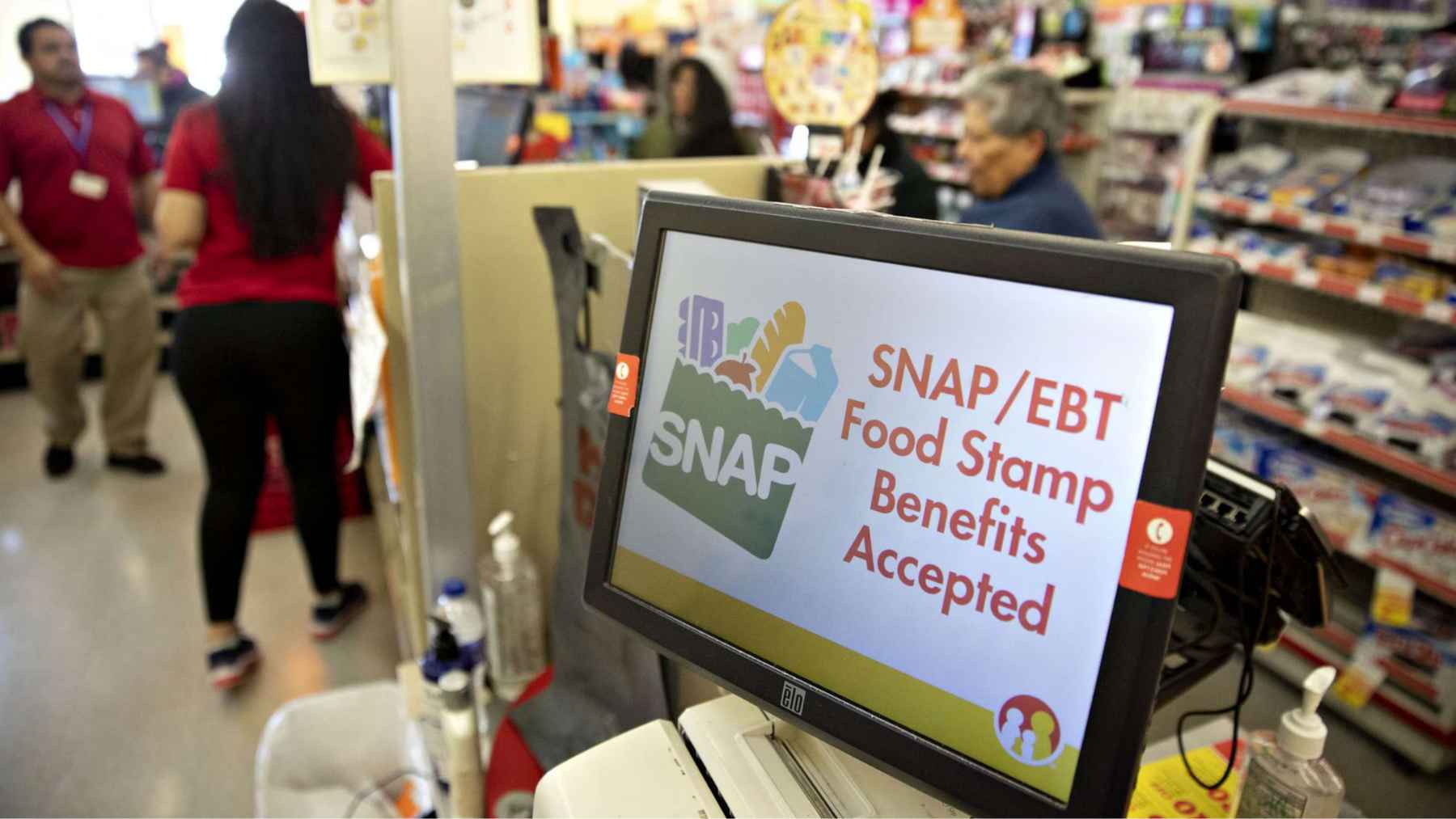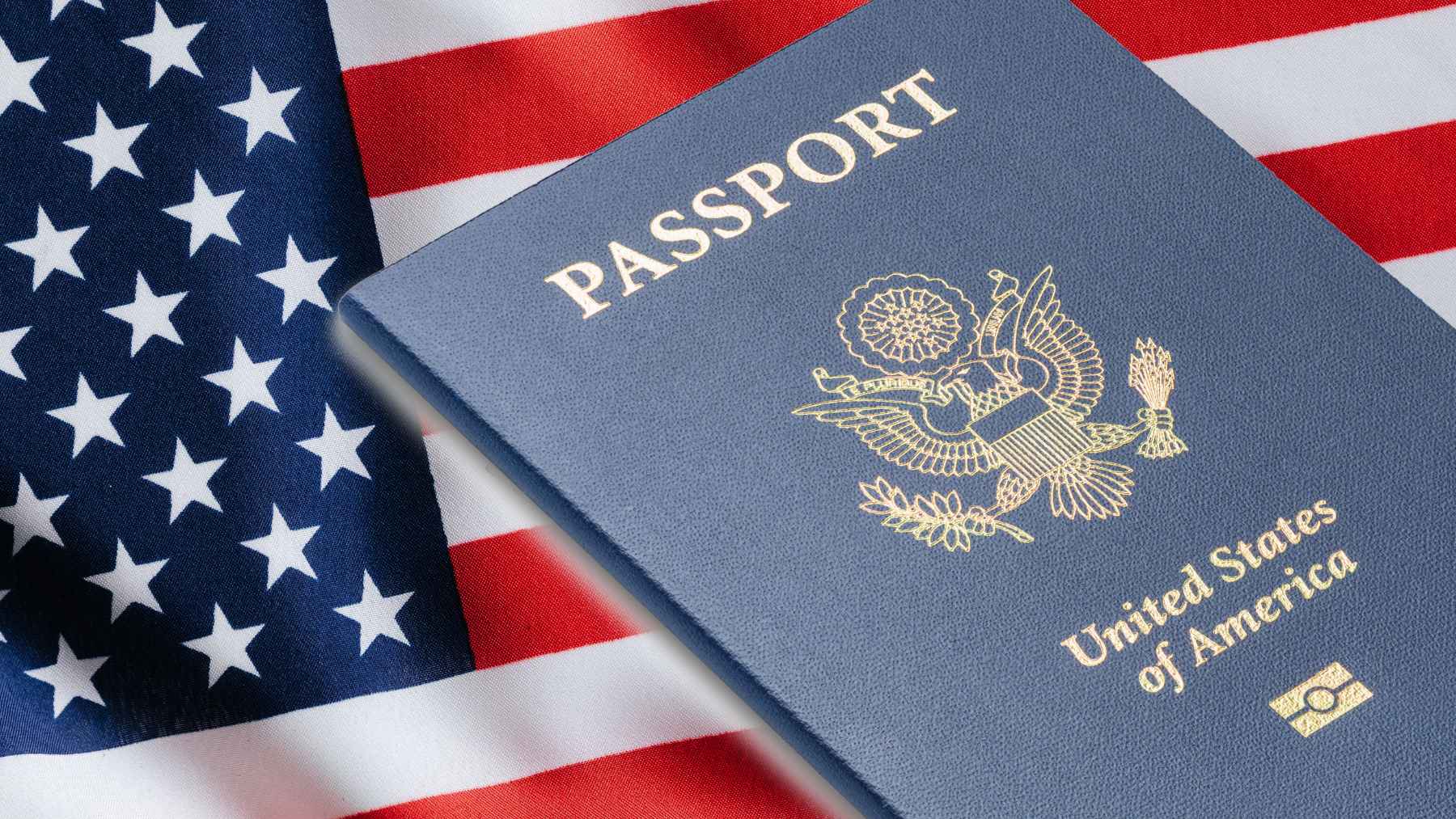Prepare for a Thanksgiving surprise from the Social Security Administration (SSA). The SSA provides millions of payments every month for its beneficiaries, with the majority of beneficiaries being retirees. These payments are made in a timely manner every month, with the SSA rarely deviating from its set schedule. Check to see if you will receive a payment before Thanksgiving to cover the increase in expenses, which are expected to come about during this time of the year.
The SSA provides support for millions of beneficiaries
Approximately 75 million individuals receive monthly payments from the SSA. While the majority of these payments pertain to the Retirement fund, the SSA also provides support for those who are on Disability and as well as the Supplemental Security Income (SSI) fund. Each of these funds has different eligibility criteria, with Disability and SSI benefits dependent on your income, while Retirement benefits are distributed to eligible beneficiaries regardless of alternative sources of income.
These benefits are distributed every month according to a strict schedule, which is structured as follows:
- The second Wednesday of the month: beneficiaries with a birthdate between the first and tenth of any given month.
- The third Wednesday of the month: beneficiaries with a birthdate between the eleventh and twentieth of any given month.
- The fourth Wednesday of the month: beneficiaries with a birthdate between the twenty-first and the thirty-first of any given month.
However, for those beneficiaries who receive SSI benefits, SSI benefits will always be paid on the first of the month. For those who receive both Retirement and SSI benefits, the Retirement benefits will be paid on the third of the month as opposed to the general payment schedule. Similarly, if you claimed your benefits before May 1997, your benefits are also paid on the third of the month regardless of when your birthdate is.
Receive your SSA benefits before Thanksgiving
According to the SSA payment schedule, beneficiaries who will receive their benefits just in time for Thanksgiving will be those with a birthdate between the eleventh and twentieth, as well as those with a birthdate between the twenty-first and the thirty-first of any given month. These benefits will be paid out on Wednesday, November 19, and Wednesday, November 26, respectively, with Thanksgiving occurring on November 27.
This year, the maximum Retirement benefit you can receive from the SSA amounts to $5,108. However, to receive these maximum benefits, several eligibility criteria must be met. The average Retirement benefit paid out each month by the SSA is significantly lower than this, amounting to approximately $2,000 for this year.
Changes to the SSA schedule this November
While the SSA rarely deviates from its schedule, there are circumstances when benefits will be advanced. This happens when payment dates occur on a weekend or public holiday. This month, SSI benefits were paid out at the end of October instead of November 1 due to November 1 falling on a weekend this year. Subsequently, SSI benefits will not be distributed this month, with the next round of payments to be sent out on December 1.
While changes in payment dates are minor, next year, more substantial changes are in store for SSA beneficiaries. The new cost-of-living adjustment (COLA) statistic was recently announced to be set at 2.8%. This means that for 2026, all SSA benefits will be raised by 2.8% to ensure that benefits will retain the same buying power despite rises in inflation. However, many beneficiaries have raised the concern that the COLA may not be the best measure to determine by how much benefits should be raised by as this statistic is based on the spending habits of income-earning individuals, whose spending habits differ significantly from retirees.
Disclaimer: This content is informational only and does not supersede or replace the SSA’s or IRS’s own publications and notices. Always verify any specific dates and amounts by following the direct links in our article to SSA.gov or IRS.gov, or by consulting your local SSA field office or tax professional.















